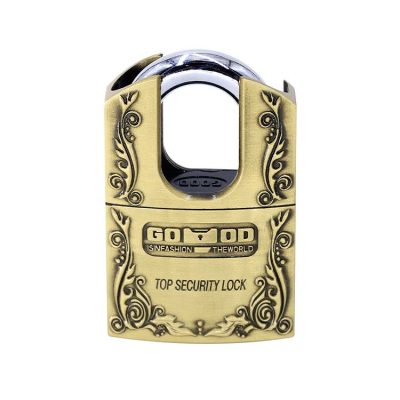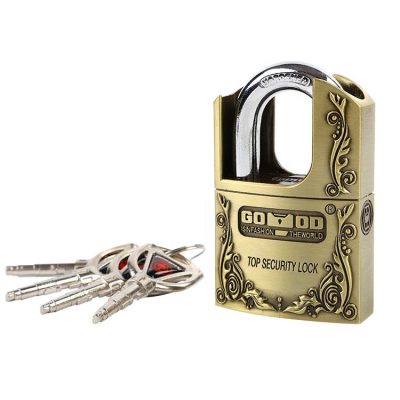Smart lock technology has transformed the way we secure our homes and businesses by offering convenience, enhanced security features, and remote access control. Here’s a breakdown of key aspects and considerations when exploring smart lock technology:
- Types of Smart Locks:
- Keyless Entry: These locks operate without traditional keys. Users can typically unlock doors via smartphone apps, keypads, or even voice commands.
- Smart Deadbolts: Replacing traditional deadbolts, these locks offer keyless entry and can be integrated with other smart home systems.
- Wi-Fi Enabled Locks: These locks connect directly to your home Wi-Fi network, enabling remote control and monitoring from anywhere with an internet connection.
- Bluetooth Locks: Usually, these locks require proximity to your smartphone for unlocking. They’re ideal for short-range access control.
- Z-Wave or Zigbee Locks: These locks communicate with a central hub using Z-Wave or Zigbee protocols, allowing integration with a broader smart home ecosystem.
- Features to Consider:
- Remote Access: The ability to lock or unlock your door remotely using a smartphone app.
- Integration: Compatibility with other smart home devices and platforms like Alexa, Google Assistant, or Apple HomeKit.
- Auto-Locking: Some smart locks automatically lock the door after a set period, enhancing security.
- Activity Logs: Keeps track of who enters and exits your home and when, providing enhanced security and accountability.
- Virtual Keys: Ability to create temporary or recurring access codes for guests or service providers.
- Battery Life: Ensure the lock has a reliable power source and consider battery life or backup options.
- Security: Look for locks with strong encryption and security features to prevent hacking or unauthorized access.
- Physical Durability: Choose locks built to withstand weather conditions and tampering.
- Installation and Compatibility:
- Ensure the lock is compatible with your existing door and deadbolt setup.
- Installation complexity varies, from simple retrofitting to more involved installations requiring professional assistance.
- Cost:
- Smart locks can range from affordable basic models to more advanced, feature-rich options. Consider your budget and desired features.
- User Experience and Reviews:
- Research user reviews and experiences to gauge reliability, ease of use, and customer support.
- Security and Privacy:
- Prioritize locks from reputable manufacturers with a strong focus on security and privacy. Ensure the device receives regular updates to address any security vulnerabilities.
- Future Expansion:
- Consider how the smart lock fits into your long-term plans for home automation and whether it integrates well with other smart devices you plan to install.
By carefully considering these factors, you can select a smart lock that best suits your needs, providing both convenience and peace of mind for securing your home or business.








